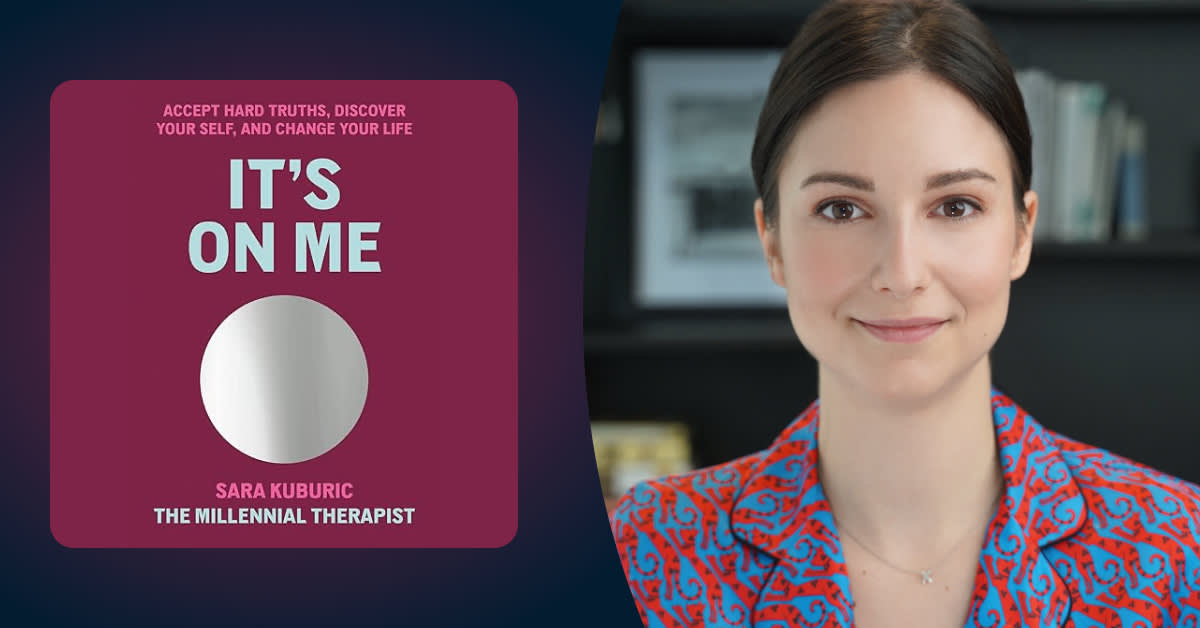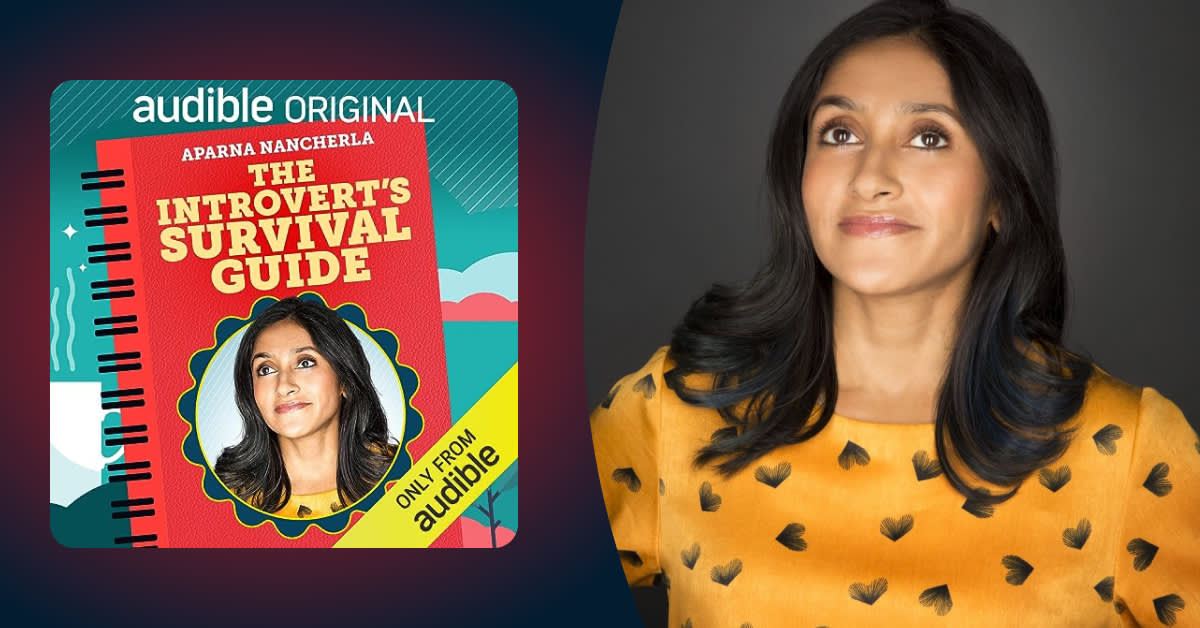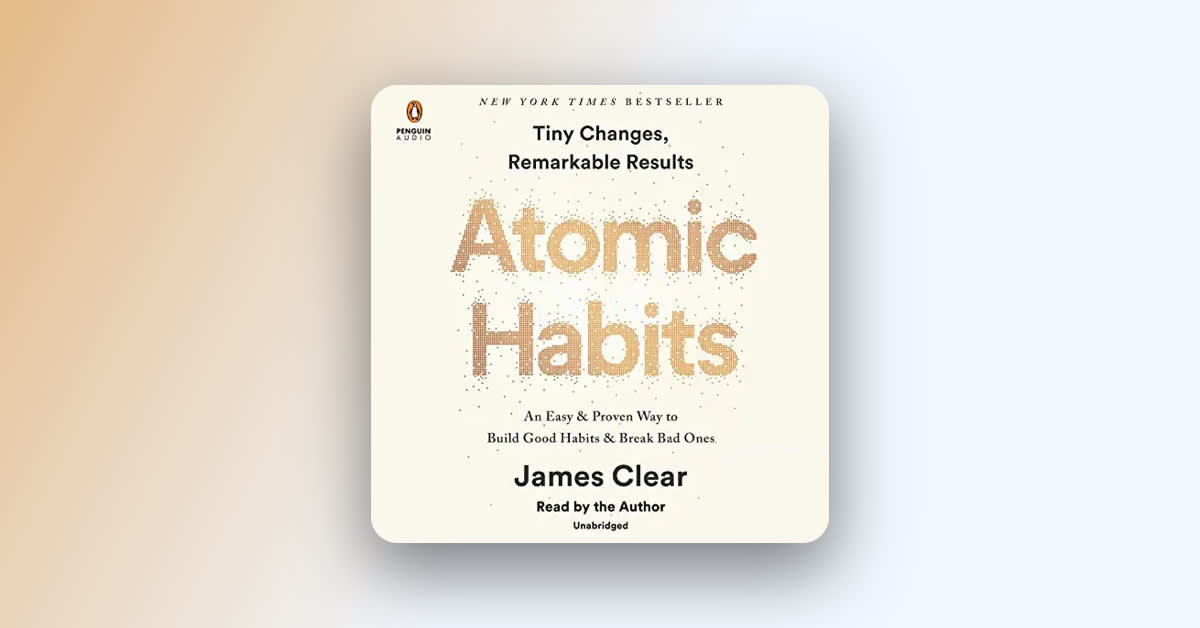Popular influencer-therapist Sara Kuburic shares more of her illuminating mental health advice for healing in her new listen, It's on Me. We asked her why she’s decided to share her thoughts in this format and how listeners can differentiate between self-reflection and self-criticism to identify what they’d like to improve about their lives without spiraling into self-doubt.
Rachael Xerri: You’re best known as “the millennial therapist” by your fans. Who do you think It’s On Me will most resonate with, and what do you hope they take away from your audiobook?
Sara Kuburic: I think my book will resonate with anyone feeling lost, empty, or frustrated by the decisions they have been making lately. Anyone who is struggling to figure out who they are or what their purpose is. Or simply anyone who wants to figure out how to live a better, happier life by simply living in a way that is truer to themselves—who wouldn't?
I hope the listener feels empowered to do the tricky and messy work that leads to a fulfilling and authentic life (not a perfect life, that’s not a thing).
Can you describe “self-loss” and what steps listeners can take to recover from its effects?
Self-loss is being estranged and lacking congruence, resonance, and alliance with who we truly are. As a consequence, we tend to feel lonely because we struggle to have healthy relationships (with others and our Self), we feel like we are drowning or merely surviving rather than living, and we tend to struggle to make decisions or feel like our life is our own.
There is no “quick” answer—it’s all in the book though! But if I had to reduce it to a simple answer: Get to know your Self. Pay attention to what each situation, challenge, or encounter teaches you about who you are.
How can listeners differentiate between self-reflection and self-criticism so they are reflecting on themselves in a positive way, rather than in a way that can be potentially harmful or detrimental to their self-worth?
Observing with openness and curiosity, without placing evaluation or judgment, is key. It’s important to understand what the purpose of the truth is. It’s a guide, a teacher and something that is not meant to shame us but help us note the changes that will bring you a step closer to living a life we want. It’s about how we decide to speak about the truth—we can acknowledge areas of growth with respect and kindness.





